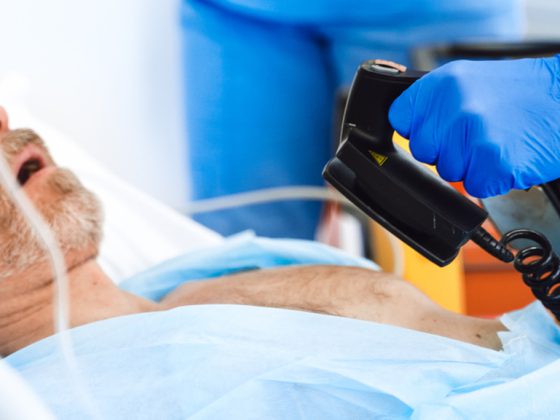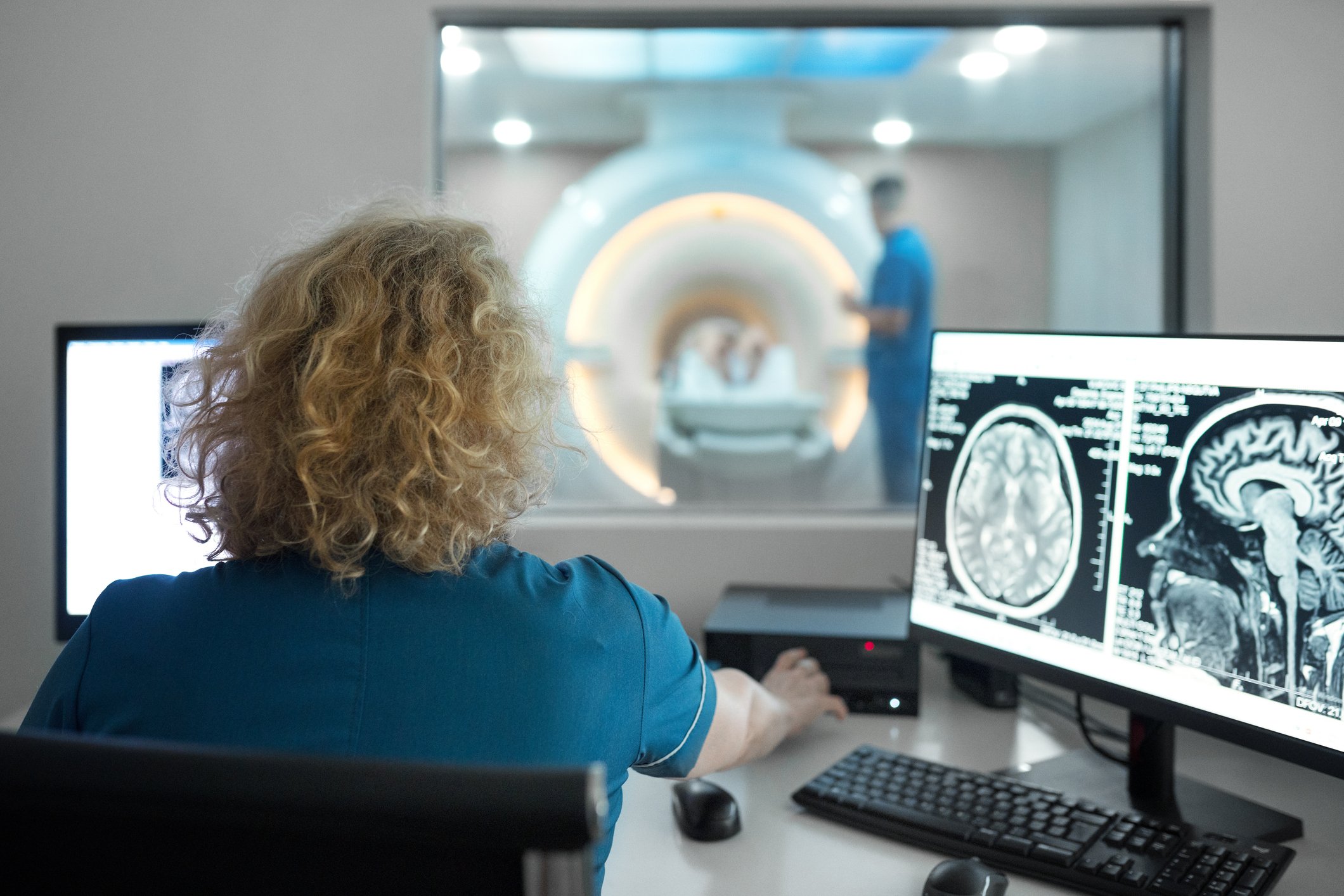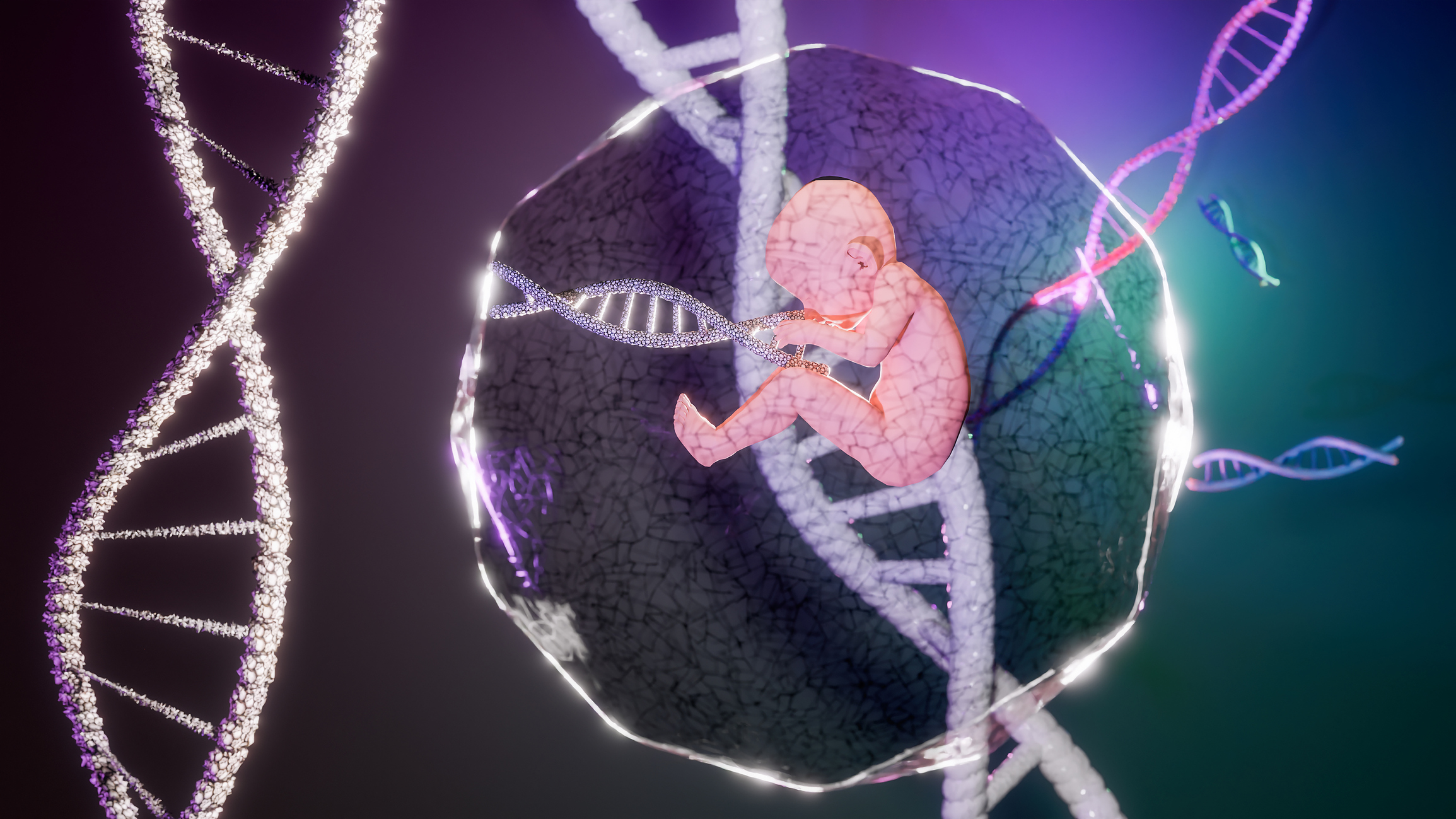Heart problems result in impaired gene activity in the memory center of the brain, from which cognitive decline develops. Researchers at the German Center for Neurodegenerative Diseases (DZNE), the University Medical Center Göttingen (UMG) and the German Center for Cardiovascular Research (DZHK) arrive at this assessment based on laboratory studies. They believe they have thus found a possible cause for the increased risk of dementia in people with heart problems. In mice, a drug affecting gene activity alleviated mental deficits. The experts involved see these results as possible starting points for therapies.
In Germany alone, around four million people are affected by heart failure: Their heart muscle is too weak to pump enough blood through the body and is therefore pathologically enlarged. Physical fitness and quality of life suffer. Moreover, affected individuals have an increased risk of developing dementia. “People with cardiological problems and, in particular, cardiac insufficiency may experience noticeable cognitive deficits and an increased risk of developing Alzheimer’s disease. Possible reasons include impaired blood supply to the brain and disorders of the hippocampus, which is the control center of memory,” explains André Fischer, research group leader at the DZNE site in Göttingen and professor at the Department of Psychiatry and Psychotherapy at UMG. “However, there is a lack of therapies to effectively treat cognitive deficits in people with heart problems. This is because it is completely unclear which malfunctions are triggered in the nerve cells in the first place. There have been no data on this until now.”
Stressed cells
A team led by Prof. André Fischer and Prof. Karl Toischer, Department of Cardiology and Pneumology at UMG and DZHK site Göttingen, now presents findings on this topic for the first time. The researchers observed in mice that impaired gene activity developed in the hippocampus as a result of heart problems. “In memory tests, the mice with heart failure performed significantly worse than their healthy counterparts,” Fischer explains. We then examined the hippocampal neurons. In the mice with heart failure, we found increased stress signals and altered gene activity in the neurons.”
Tight windings
The genome of a mouse – and also of a human being – comprises around 20,000 genes each. In each cell, however, only part of it is active at any one time, switched on, so to speak. Whereby this is not a simple on or off state: the activity can be strong or less strong. This depends, among other things, on how tightly wound the DNA – the thread-like molecule that carries the genetic information – is and how accessible the genes on it are. In both mice and humans, the DNA is over one meter long. But in a cell, the molecule is so compressed that it fits into a nucleus. “Genes can only be active if they are accessible to the cell’s machinery. To do this, the DNA must be wound a little more loosely at the appropriate points. Similar to a ball of yarn from which loops protrude,” says Fischer. In mice with heart problems, the current study found, the DNA in nerve cells was more tightly wound than in healthy conspecifics. Various genes that are important for hippocampal function were therefore less active than in healthy animals.
Drug improved memory
The scientists identified chemical changes in the histones as the cause of the tight coiling. These are special proteins: in a sense, they act as spools of yarn around which the DNA winds. Fischer’s research group has been working for some time on histones and other players that influence gene activity – in technical jargon they are called “epigenetic mechanisms”. In this context, the researchers are also investigating active substances and have been able to show in previous studies that the cancer drug “vorinostat” can alleviate genetic and age-related memory problems in mice. Vorinostat is now being investigated for the treatment of people with Alzheimer’s disease as part of a clinical trial at the DZNE. In the current study, the researchers administered this compound to mice with heart failure. Conclusion: The pumping capacity of the heart did not change significantly, but memory performance improved. “Vorinostat has been shown to act on histones and thus on gene activity. Our study thus provides the first indications of the molecular processes that contribute to cognitive dysfunction in heart problems, and it shows possible starting points for therapy,” Fischer comments on the results. “The fact is, however, that we do not yet understand why, as a result of heart failure, gene activity in the hippocampus is disturbed. What role does the inadequate blood supply to the brain play? Are substances released by the diseased heart perhaps acting on the histones? We want to investigate this in patients with heart problems. As with our current study, which involved experts from neuroscience and cardiac research, we want to address these questions in an interdisciplinary way.”
Original publication:
Epigenetic gene-expression links heart failure to memory impairment, Rezaul Islam et al, EMBO Molecular Medicine (2021), URL: https://www.embopress.org/doi/full/10.15252/emmm.201911900











